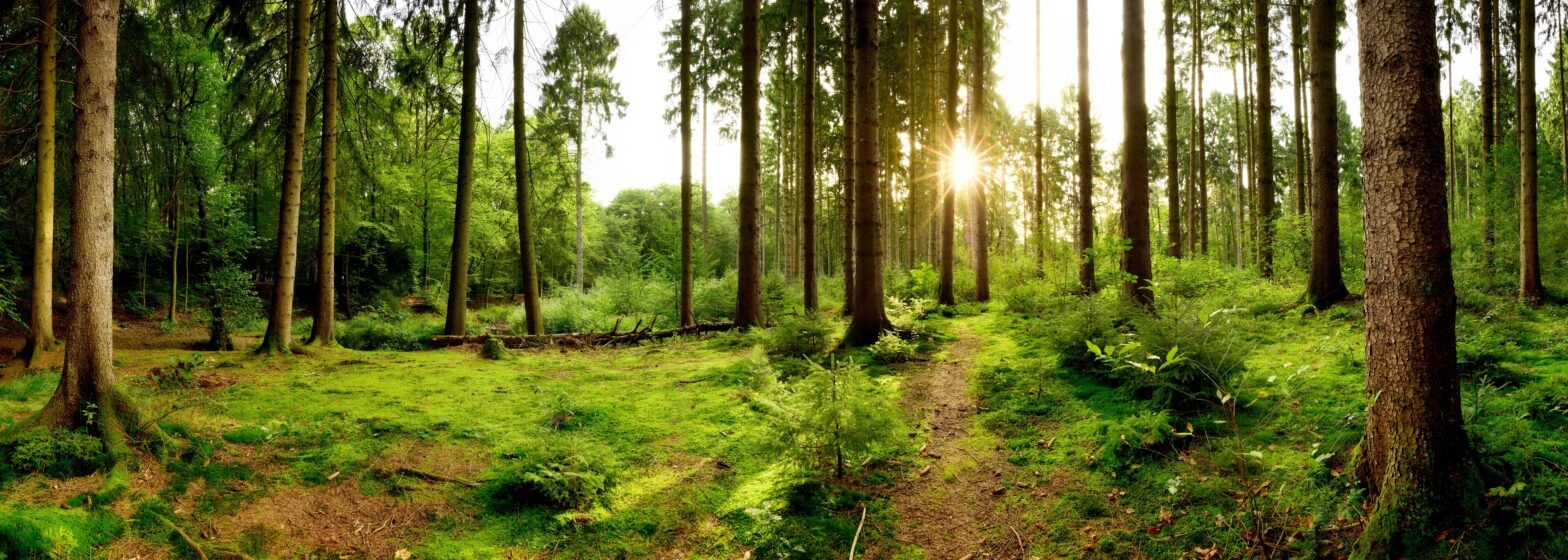Ahead of the UN General Assembly’s International Day of Forests on 21 March, finance firms are showing commitment to forestry at a firm, fund and outreach level, but there is still more to be done to address deforestation and fund forestry solutions.
Despite deforestation accounting for nearly 15% of all greenhouse gas emissions, a recent Forest 500 report by Global Canopy found 63% of the 150 financial institutions it assessed did not have any deforestation policies, and 81% (122/150) had not published an overarching deforestation policy covering all four high deforestation risk commodity groups (beef, soy, palm oil, and timber).
In February, Planet Tracker’s Should money grow on dead trees? report highlighted that three of these institutions without policies – BlackRock, Vanguard and State Street – account for nearly 40% of the total $2.7trn of financing into the most influential high deforestation-risk companies.
“Until all financial institutions make preventing deforestation an explicit policy focus, the environmental damage caused by the beef and soy industries, and the supply chains they underpin, will continue,” the report concluded.
As well as preventing deforestation, financial institutions can take advantage of new solutions and mechanisms in forest finance. The latter include distressed asset and stewardship models, carbon farming agreements, green bonds, forest insurance provision, carbon off-taker guarantees, and sustainable farming agreements.
Ahead of International Day of Forests, Michael Ackerman, CEO of EcoForests Asset Management, told ESG Clarity: “Forestry is often overlooked as a hard asset to hedge against inflation. Yet, with investors increasingly seeking ESG alongside alpha, we are seeing interest for the asset class grow. The carbon capture and improvements to biodiversity timber investments can generate remain unmatched.
“Costa Rica is a great example of how a well-structured collaboration between the government, landowners and investors can have a tangible impact on the environment – in this case doubling the country’s forest area in just 30 years and helping the country on its path to net-zero emissions.”
At the fund level, solutions are also emerging. In January, real assets investor Astarte Capital Partners and Stockholm-based forestry development company SilviPar launched a new investment platform dedicated to sustainable forestry, with an immediate focus on Paraguay.
The SA Impact Forestry Fund will acquire, develop and manage new and existing forest assets. It will focus on acquiring low productivity farmland and converting it into a sustainable forestry portfolio.
Finally, KBI Global Investors is marking the day is taking an outreach approach by funding the planting of a Choill Bheag – a small, dense, biodiverse native woodland habitat planted on school, college, business, or community grounds – at the Drimnagh Castle Secondary School in Ireland.
Sean Hawkshaw, CEO at KBI Global Investors, said: I am certain the Choill Bheag will make for a greatly enhanced learning environment and we look forward to seeing the project advance as [Covid-19] restrictions are lifted.”








